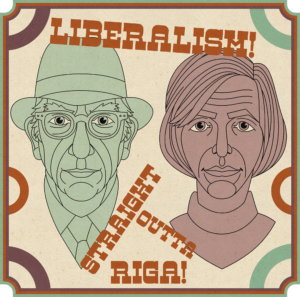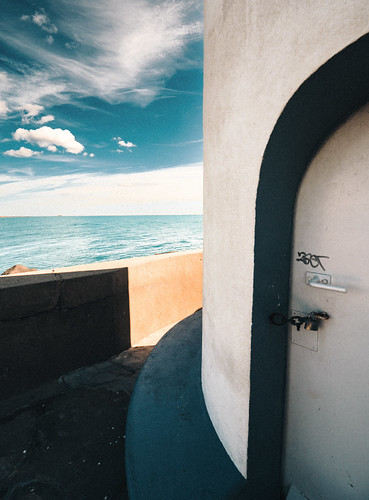Yesterday I gave a talk at a ‘thought festival’ in the Netherlands, on the future of the ocean. The size of the audience far exceeded my (quite modest) expectations. And the discussion we had was extremely engaged and informed. Clearly, people care about the ocean, and the various challenges it now faces, largely thanks to us (from warming and acidification to plastic pollution, from destructive fishing practices to the growth of ‘dead zones’ around our coasts). I suppose I shouldn’t be surprised. Since I published a book on the topic in February, I’ve been blown away by the public interest. I’ve been doing a talk, podcast or interview at least once a week since then. Everyone I’ve spoken to – whether that means ordinary citizens, academics, civil society organisations, or activists – feels that attention to these issues is long overdue.
Which brings me to the central puzzle. Ocean governance has become highly salient, politically – probably more than ever before. But when people ask me, “what can I do to help push ocean politics in the right direction?” the answer is far from obvious. Of course, people can make a direct impact on the ocean’s health in many ways. That could mean plogging (look it up!), avoiding farmed salmon, cutting down on plastic, or a whole variety of things. Still, if the rules under which the ocean is governed are basically dysfunctional, the effect of these measures is going to be limited. Picking plastic from the beach – which I’m not knocking for a second – won’t turn around the juggernaut of an industrialising ocean. It won’t stop seabed mining, or octopus farming, or whatever next year’s catastrophic plan will be. That would take a larger political movement, and a positive defence of the kind of ocean we want to see. But how do we affect the politics of the ocean? Where, in fact, is the politics of the ocean? What would be the political entry point for concerned citizens?
When I say the ocean has been ‘depoliticized,’ I don’t mean, of course, that there is no politics of the ocean. Decisions do get made. In 1982, the Law of the Sea Convention ushered in the largest single extension of state territory in history. (I don’t remember it being extensively discussed in the media – but then I was eight years old, so forgive me if I missed it). Right now, the United Nations is discussing the rules that should govern biodiversity in the High Seas (it has been trying and failing to secure a binding treaty for a couple of decades now). Each coastal country regularly makes political decisions about the exploitation of the ocean (will it support offshore wind? What about gas? How are fishing rights going to be allocated?). But when is the last time you recall politicians campaigning on ocean issues?
British readers might have a ready answer: 2016. In the Brexit campaign, Leave-supporting politicians suddenly decided that the allocation of fishing rights raised basic issues of fairness. Having secured the votes of many fishing communities (and a disastrous Brexit), it seems that those issues of fairness can now be safely forgotten. Either way, politicians are not being called upon to lay out a vision of the kind of ocean they want. Very few governments even have ministries of the ocean (ministries of fishing are not the same thing!). Very few political manifestos make any sustained effort to address ocean-facing issues. The cosy relationship between politicians, the fossil fuel industry, and the industrial fishing lobby goes on undisturbed. One alarming story, which I relate in my book, comes from a 2019 meeting of the International Seabed Authority in Kingston, Jamaica. This is the body that is supposed to come up with rules to regulate deep sea mining, which is inching ever closer. At that meeting, the job of representing the Belgian state was given, not to a politician, or even to a civil servant, but to an executive from a Belgian seabed mining corporation. It was as if the United States had not bothered to send a delegate to a WTO meeting and just allowed Jeff Bezos to speak on its behalf. I like to think that is quite unlikely (I may be wrong). But in the murky world of ocean politics, the divide between political and corporate power is much less clear-cut.
What, then, is the alternative? That’s what some audience members wanted to know yesterday. How do you force an issue onto the political agenda when not a single party is choosing to prioritise it? Likewise, ocean scientists often talk about the importance of educating people about the ocean, and the challenges it faces. I think this is very important. But the question is what comes next. What is a citizen informed about the threats faced by the ocean meant to do?



